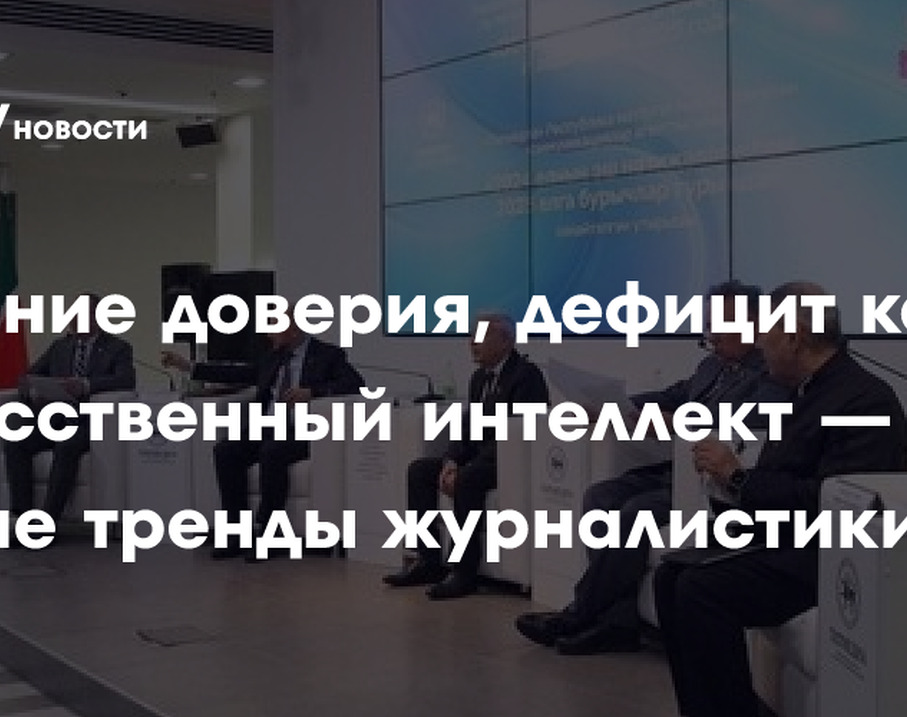
The media landscape in Tatarstan is undergoing significant changes, driven by evolving consumer behavior and technological advancements. In 2024, the primary trends include a decline in trust towards traditional media, the rise of artificial intelligence (AI) in content creation, and a growing preference for social media and messaging platforms over conventional news outlets. These shifts were highlighted during a recent media conference in Kazan, where industry leaders discussed strategies to adapt to these challenges.
The conference emphasized the importance of covering critical topics such as the ongoing military operations, counter-terrorism efforts, and the "Year of the Family" initiative. Over 83,000 publications in Tatarstan's media and social networks focused on patriotism, support for military personnel, and recruitment for contract service, amassing over 127 million views. Additionally, efforts to combat extremism and terrorism saw a 21% increase in coverage compared to the previous year.
Trust in media sources has become a pressing issue. While traditional media still holds some credibility, audiences are increasingly turning to social networks, messengers, and expert opinions for information. However, the rise of unverified content on platforms like Telegram has raised concerns about the reliability of news. Industry leaders stressed the need for media to reclaim their explanatory role, providing context and analysis rather than just reporting facts.
Artificial intelligence is reshaping the media industry, automating tasks like summarizing articles and translating content. While AI offers efficiency, it cannot replace the human touch in storytelling, investigative journalism, and on-the-ground reporting. Media professionals acknowledged the need to balance technological advancements with the core principles of journalism, ensuring that quality and authenticity remain paramount.
The industry is also grappling with a shortage of skilled professionals, particularly among younger generations. Despite a high number of job openings, the gap between market salaries and wages in media organizations persists. Leaders called for better compensation and training opportunities to attract and retain talent, emphasizing that quality journalism cannot thrive without adequate resources.
As Tatarstan's media landscape continues to evolve, the focus remains on adapting to new technologies, rebuilding trust, and addressing workforce challenges. The industry must embrace innovation while staying true to its mission of delivering accurate, meaningful, and engaging content to its audience.

















